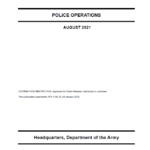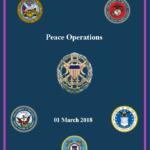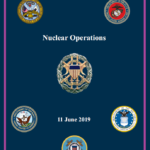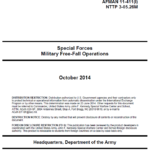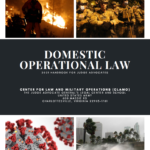
This Handbook focuses on the legal matters pertaining to providing assistance to domestic civil authorities, also known as DSCA. Circumstances involving the exercise of homeland defense authority and capabilities, i.e. “countering air and maritime attacks and preventing terrorist attacks on the homeland,” are beyond the scope of this handbook. Nonetheless, it should be kept in mind that actions taken within the homeland defense function may directly impact the DoD’s DSCA mission once an event has occurred. Likewise, for ongoing events or continuing attacks, DSCA actions may affect homeland defense capabilities.

